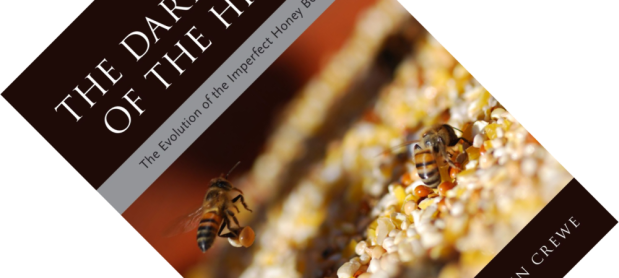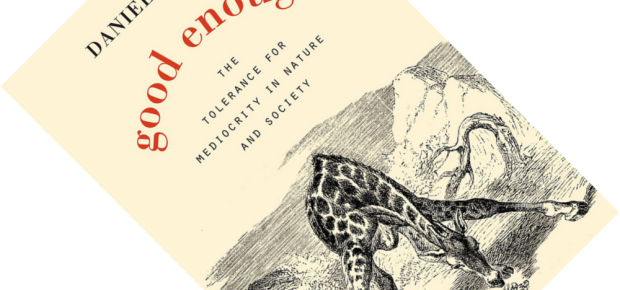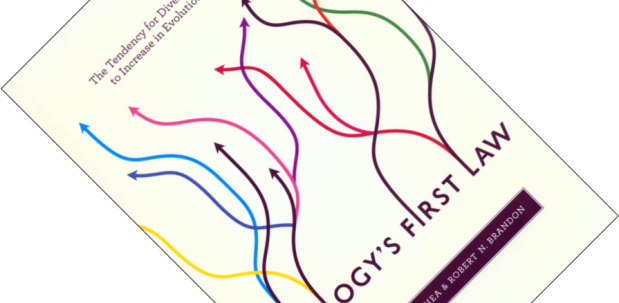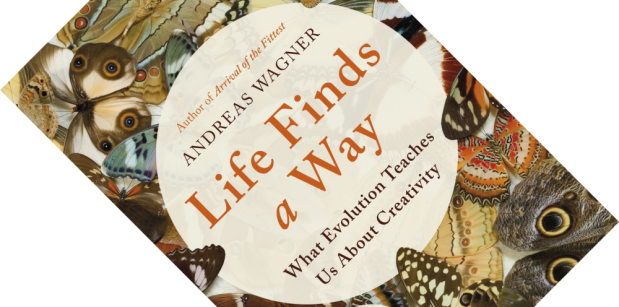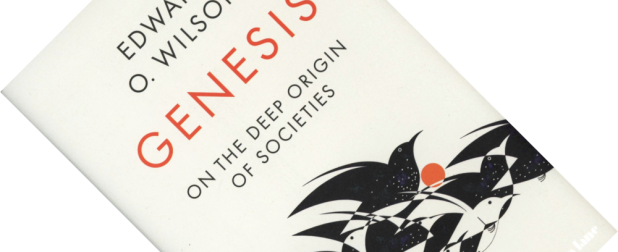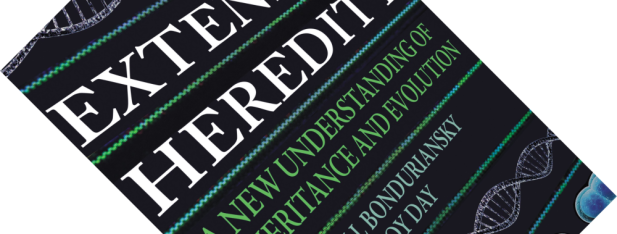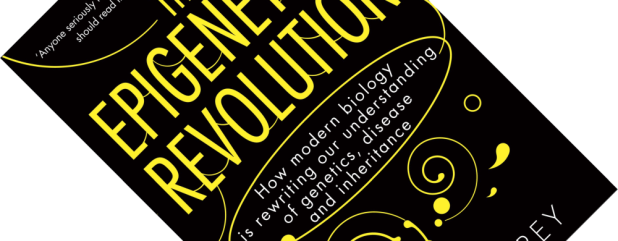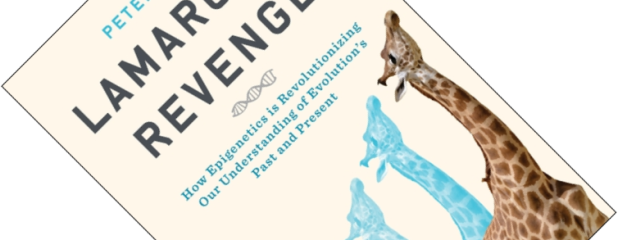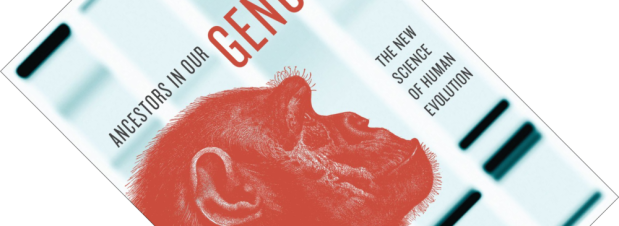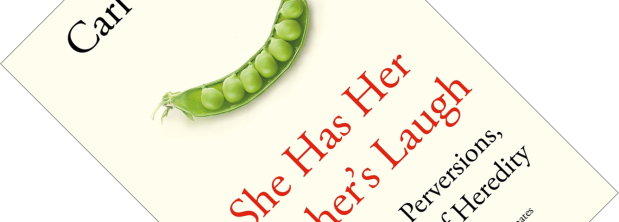The honey bee has a very positive reputation: a clever, industrious insect that organises itself in remarkably collaborative societies. But bee researchers Robin Moritz and Robin Crewe want to balance this picture. Yes, bee colonies are a marvel, but once you stop focusing on the level of the colony, all sorts of imperfections become apparent: cheating, robberies, regicide, euthanasia, evolutionary maladaptations, illogical reproductive strategies, etc. Welcome to the dark side of the hive.
natural selection
Book review – Good Enough: The Tolerance for Mediocrity in Nature and Society
In popular discourse, the theory of evolution has become a victim of its own success, reduced to sound-bites such as “survival of the fittest”. Biologists will of course quickly point out that this is an oversimplification, though philosopher Daniel S. Milo takes things a few steps further. Good Enough is a thought-provoking critique of the dominance of adaptationist explanations. He argues that, while natural selection is important, it is not the only, possibly not even the default mechanism, in evolution. No, Milo claims, the mediocre also survive and thrive.
Book review – Biology’s First Law: The Tendency for Diversity & Complexity to Increase in Evolutionary Systems
The subtitle of this book points to an observation that most biologists will anecdotally agree with. Looking at the long sweep of evolutionary history, there is indeed a clear overall tendency for life forms to become more diverse and complex. Daniel W. McShea and Robert N. Brandon, the one a biologist with a secondary appointment in philosophy, the other a philosopher with a secondary appointment in biology, here declare it the Zero-Force Evolutionary Law or ZFEL. But is this a law of nature? And does it really differ from stochastic processes or even entropy?
Book review – Life Finds a Way: What Evolution Teaches Us About Creativity
Back in 2014, evolutionary biologist Andreas Wagner blew my mind. His book Arrival of the Fittest: Solving Evolution’s Greatest Puzzle gave fascinating answers to the question of where evolutionary innovations come from. I will say more about it below, but in short, there are many ways to solve a problem. But, as Life Finds a Way shows, not all solutions are equally good. To evolve from a suboptimal solution to a superior one usually involves several steps through intermediary solutions that are even worse, something that natural selection acts against. So how does evolution overcome such obstacles? And what does the answer have to do with human creativity? Can we apply these ideas further afield in education or economics? And is this book going to be as good as his last one? So many questions…
Book review – Genesis: On the Deep Origin of Societies
Why, of all the species that have ever existed, have only us humans reached this unparalleled level of intelligence and social organisation? When a senior scientist such as Edward O. Wilson trains his mind on such a question, you hope to be in for a treat.
Book review – Extended Heredity: A New Understanding of Inheritance and Evolution
In my recent review of She Has Her Mother’s Laugh: The Powers, Perversions, and Potential of Heredity, I mentioned how the concept of heredity has become ever fuzzier the more we have learnt about how traits can be passed to the next generation. We have come from a very gene-centric period in biology, but biologists Russell Bonduriansky and Troy Day are ready to shake up the field. Neither a Lamarckian redux nor an attempt to downplay the importance of genes, this book successfully argues that the time has come to take into account non-genetic forms of heredity. Along the way, they provide a very interesting history lesson on how we got here in the first place.
Book review – The Epigenetics Revolution: How Modern Biology is Rewriting Our Understanding of Genetics, Disease and Inheritance
After the recently published Lamarck’s Revenge: How Epigenetics Is Revolutionizing Our Understanding of Evolution’s Past and Present left me little the wiser on how epigenetics actually works, I decided to track down a copy of Nessa Carey’s The Epigenetics Revolution. As one of two popular books published around the same time, it seemed like a good place to start. Peter Ward was right about one thing, this is indeed a landmark book, even if it is now a few years old.
Book review – Lamarck’s Revenge: How Epigenetics Is Revolutionizing Our Understanding of Evolution’s Past and Present
As one of several intellectuals who wrote about evolution before Darwin, time has not been kind to the French naturalist Jean-Baptiste Lamarck (1744-1829). Reviled during his lifetime by the influential Cuvier, after his death he became best remembered, and ultimately ridiculed, for the idea that characters acquired during an organism’s lifetime are passed on to its offspring. With the rise of the modern field of epigenetics, some of his ideas are making a comeback, albeit modified and adapted for the 21st Century. Palaeontologist and astrobiologist Peter Ward would even like to go so far as to restore some honour to his name and consider epigenetics a neo-Lamarckian process.
Book review – Ancestors in Our Genome: The New Science of Human Evolution
After I read and reviewed Who We Are and How We Got Here: Ancient DNA and the New Science of the Human Past, I thought I knew about the changes to the story of human evolution based on studies of DNA. And given that Ancestors in Our Genome was published a few years before that book, I was curious what it could add to what I had been reading so far. As it turns out, a lot. As with my previous review, I should preface this one with the same warning that things are about to get complicated…
Book review – She Has Her Mother’s Laugh: The Powers, Perversions, and Potential of Heredity
If Charles Darwin were to walk into my office today and ask me: “So, what did I miss?” I think I would sit the good man down with a copy of She Has Her Mother’s Laugh, telling him: “Here, this should get you up to speed”. Darwin struggled to explain how traits were being inherited from generation to generation. As New York Times columnist Carl Zimmer shows in this wide-ranging book, the story of heredity has turned out to be both diverse and wonderful, but has also been misappropriated to prop up some horrible ideologies.

